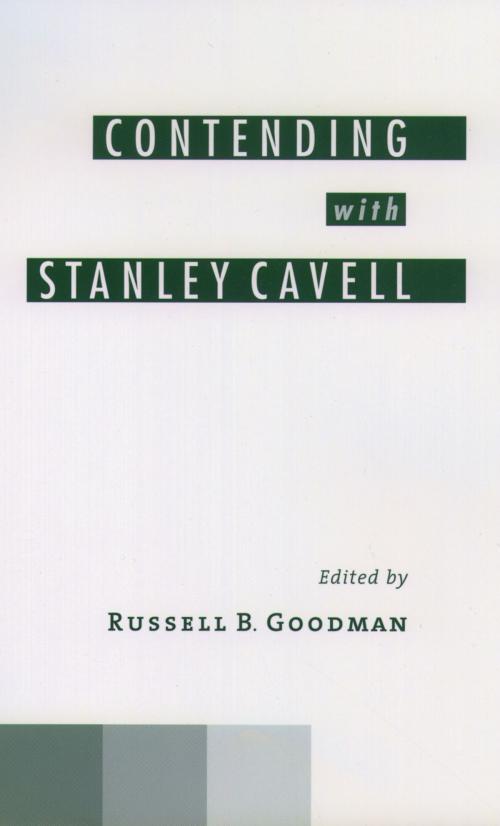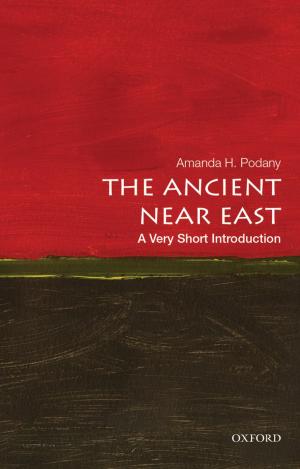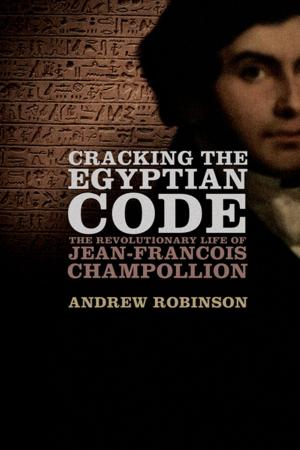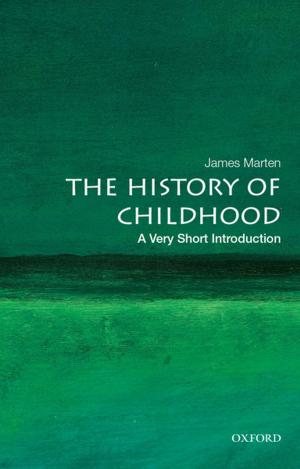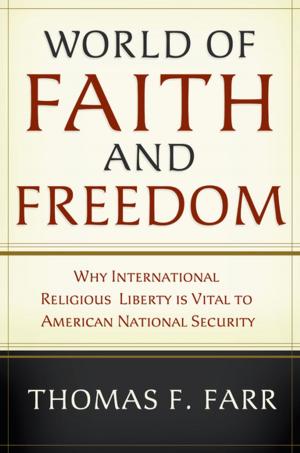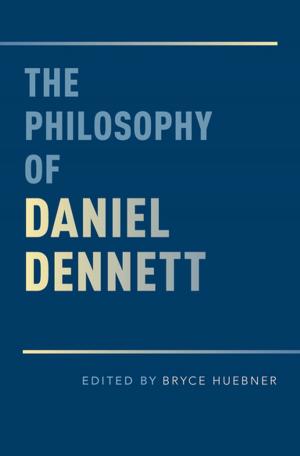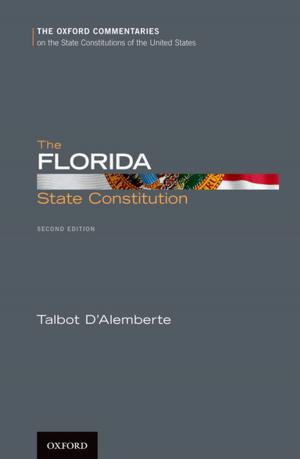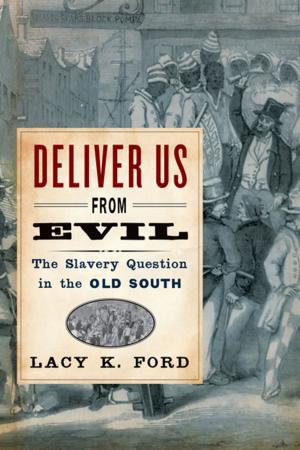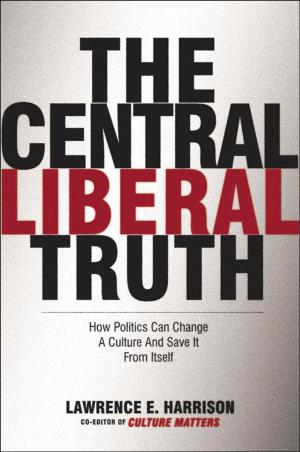| Author: | ISBN: | 9780190291891 | |
| Publisher: | Oxford University Press | Publication: | February 10, 2005 |
| Imprint: | Oxford University Press | Language: | English |
| Author: | |
| ISBN: | 9780190291891 |
| Publisher: | Oxford University Press |
| Publication: | February 10, 2005 |
| Imprint: | Oxford University Press |
| Language: | English |
Stanley Cavell has been a brilliant, idiosyncratic, and controversial presence in American philosophy, literary criticism, and cultural studies for years. Even as he continues to produce new writing of a high standard -- an example of which is included in this collection -- his work has elicited responses from a new generation of writers in Europe and America. This collection showcases this new work, while illustrating the variety of Cavell's interests: in the "ordinary language" philosophy of Wittgenstein and Austin, in film criticism and theory, in literature, psychoanalysis, and the American transcendentalism of Ralph Waldo Emerson and Henry David Thoreau. The collection also reprints Richard Rorty's early review of Cavell's magnum opus, The Claim of Reason (1979), and it concludes with Cavell's substantial set of responses to the essays, a highlight of which is his engagement with Rorty.
Stanley Cavell has been a brilliant, idiosyncratic, and controversial presence in American philosophy, literary criticism, and cultural studies for years. Even as he continues to produce new writing of a high standard -- an example of which is included in this collection -- his work has elicited responses from a new generation of writers in Europe and America. This collection showcases this new work, while illustrating the variety of Cavell's interests: in the "ordinary language" philosophy of Wittgenstein and Austin, in film criticism and theory, in literature, psychoanalysis, and the American transcendentalism of Ralph Waldo Emerson and Henry David Thoreau. The collection also reprints Richard Rorty's early review of Cavell's magnum opus, The Claim of Reason (1979), and it concludes with Cavell's substantial set of responses to the essays, a highlight of which is his engagement with Rorty.
